In November 1983, the Tanzanian government deported several Kenyan citizens who had sought refuge in the country. Among them was Senior Private Hezekiah Ochuka of the Kenya Air Force, who had fled Kenya after the failed 1982 coup attempt. Ochuka escaped with his deputy, Sergeant Pancras Oteyo Okumu. They hijacked a Kenya Air Force Buffalo aircraft and forced the pilot to fly them to Tanzania.
Ochuka’s coup collapsed just six hours after he and his men had taken control of several key locations. This happened after Lt. Gen. Mahmoud Mohamed, then Deputy Army Commander, swiftly mobilized loyalist forces to counter the mutiny.
Mohamed coordinated the Kenya Army and the General Service Unit (GSU). They retook critical installations in Nairobi, including the Voice of Kenya broadcasting station, which the rebels had seized.
His actions, combined with the loyalty of most of the military, crushed the coup attempt and restored control to President Moi’s government.
Under President Julius Nyerere, Tanzania had a long-standing policy of supporting liberation movements and political dissidents across Africa, often providing asylum to those fleeing oppressive regimes.
Also Read: Today in History: When Alfred Mutua Called Obama a ‘Junior Senator’ After He Visited Kenya
Ochuka and his group, presenting themselves as opponents of President Daniel Arap Moi’s increasingly authoritarian government, were initially granted refuge.
Tanzania Initiates Extradition of Coup Plotters
The 1982 coup attempt drew partly from socialist and anti-imperialist ideologies, which resonated with Tanzania’s Ujamaa (socialist) policies, making Ochuka and his co-conspirators initially appear sympathetic to Tanzanian authorities.
However, after Moi’s government learned that Ochuka and other coup plotters had escaped to Tanzania, Kenya quickly demanded their return, branding them as traitors and fugitives.
Tanzania, though initially cautious, realized that protecting coup plotters would strain relations with Kenya and risk being seen as endorsing the coup.
A Tanzanian court at first rejected Kenya’s plea to extradite Ochuka and Okumu, ruling against the request in 1982 shortly after their arrival. But this decision was later reversed due to political pressure. In November 1983, the Tanzanian administration eventually handed them over to Kenya as part of a political deal between Nyerere and Moi.
Kenya had provided Tanzania with evidence that Ochuka and his group were not simply political dissidents but had orchestrated a violent coup that caused the deaths of both civilians and military personnel, alongside widespread looting and destruction during the short-lived uprising in Nairobi.
After their deportation, Ochuka and Okumu were tried for treason in Kenya. Ochuka was found guilty and, in 1987, was hanged at Kamiti Maximum Prison. He and several co-conspirators remain the last people to be officially executed in Kenya.
Follow our WhatsApp Channel and X Account for real-time news updates
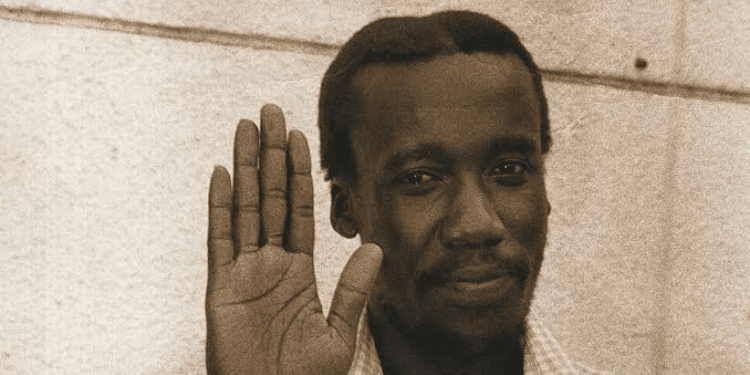

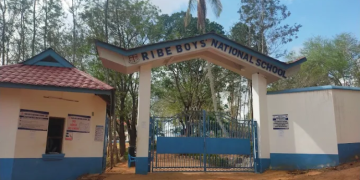
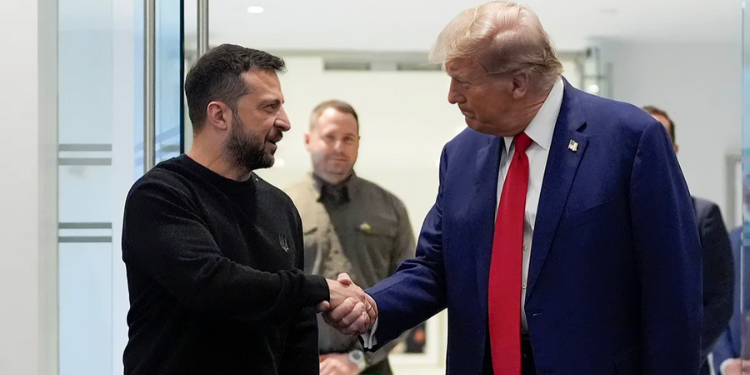


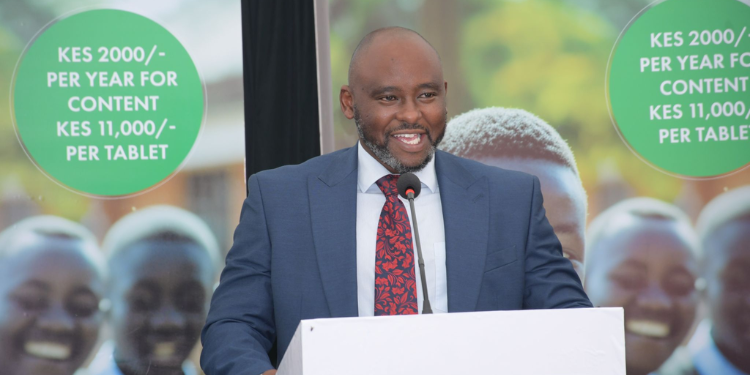



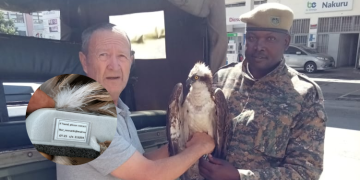







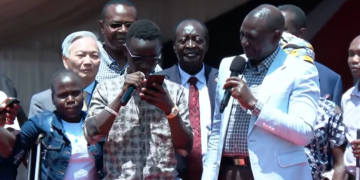

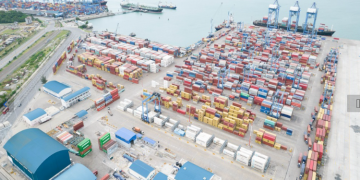
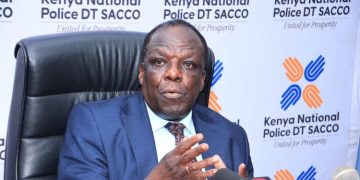
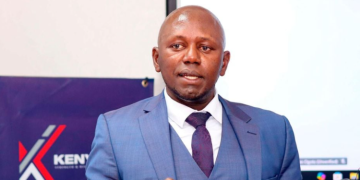





























![Senator Allan Chesang And Chanelle Kittony Wed In A Colourful Ceremony [Photos] Trans Nzoia Senator Allan Chesang With Channelle Kittony/Oscar Sudi]( https://thekenyatimescdn-ese7d3e7ghdnbfa9.z01.azurefd.net/prodimages/uploads/2025/11/Trans-Nzoia-Senator-Allan-Chesang-with-Channelle-KittonyOscar-Sudi-360x180.png)



















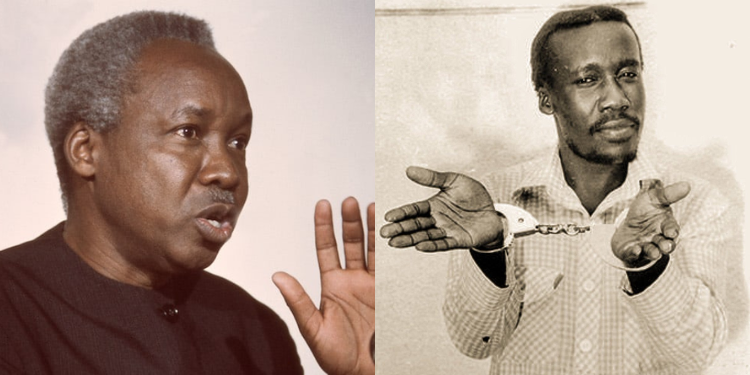


History learned